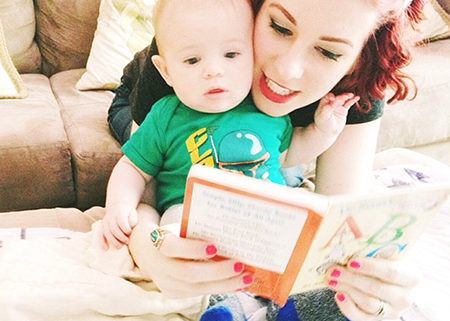When Toys Take Center Stage
7 Ways to Actively Promote Language Development in Children
We live in a fast-paced world where new products are outdated once they hit the shelves. But a recent study published in JAMA Pediatrics suggests that “electronic toys and e-books can make parents less likely to have the most meaningful kinds of verbal exchanges with their children.” Recently, I worked with a two year old who did not know how to turn the pages of a book. All he wanted to do is swipe. While swiping is an important skill to master in today’s iGadget generation, research indicates that reading to your child, turning pages, pointing to pictures and asking questions plays a crucial role in cognitive and language development.
As a licensed speech therapist, my goal is to promote communication. Here are some other tried and true activities which promote language development in babies:
- Talk, chat and keep the monologue running. Narrate everything you are doing. It may feel funny at first but eventually it will seem natural and prove beneficial.
- Sing a song! Some people prefer to make up silly songs instead of narrating. It’s a personal choice!
- Incorporate gestures and facial expressions in your communication to increase engagement.
- Be repetitive! Repetition reinforces language development.
- Avoid empty words like here and there. Give specific directions, “Bring the ball to the basket instead of bring the ball here.” Never miss the opportunity to introduce new vocabulary.
- Maintain eye contact, laugh and be animated. By varying your facial expressions, your child learns proper responses.
- Take center stage! A toy is no substitute for a real live conversation. According to the study, a toy should be 10 percent toy and 90 percent child. With many electronic toys, the toy takes over 90 percent and the child just fills in the blanks.
And filling in the blanks is no substitute for real life conversations.
What Gr8 language – based activities have you found helpful?












